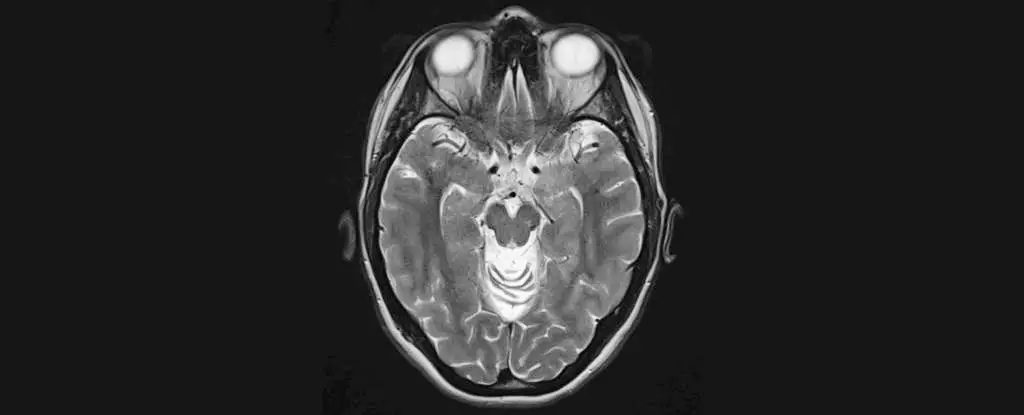Receiving a diagnosis of Alzheimer’s disease can be a terrifying experience, not just for the patients but also for their caregivers. The uncertainty of what the future holds can be overwhelming. However, a recent study has brought hope by developing a tool that can predict the cognitive decline of patients with early signs of Alzheimer’s disease over the next five years.
The researchers, led by physician-researcher Pieter van der Veere from Amsterdam University, studied 961 patients with an average age of 65. Of these patients, 651 had mild dementia, and 310 had mild cognitive impairment. Each patient had amyloid beta plaques, protein deposits in the brain that are indicative of Alzheimer’s disease. The team carefully analyzed MRI scans, biomarkers from cerebrospinal fluid, medical history, age, gender, and cognitive test scores over time. These scores ranged from 0 to 30, with higher scores indicating less severe cognitive impairment.
Patients with mild cognitive impairment started with an average score of 26.4, which declined to 21 after five years. In contrast, patients with mild dementia started at 22.4 and dropped to 7.8 in the same time frame, showing a much faster rate of decline. The study also assessed the effects of medication on cognitive decline and found that treatment could potentially slow down the progression of the disease.
The predictive model developed by the researchers offers valuable insights into the progression of Alzheimer’s disease. For instance, a patient with mild cognitive impairment and a starting score of 28 could reach moderate impairment after six years. By taking medication that reduces the rate of decline by 30 percent, this progression could be delayed to 8.6 years. Similarly, a patient with mild dementia and a starting score of 21 could reach moderate impairment in 2.3 years, or 3.3 years with medication.
While the model provides a helpful framework for understanding cognitive decline, it is essential to acknowledge the variability in actual scores. Only half of the patients with cognitive impairment had scores within two points of the prediction, indicating that predicting disease progression with certainty is challenging. However, the study lays the foundation for more refined prediction models in the future.
The researchers hope that their findings will pave the way for more personalized predictions about the progression of Alzheimer’s disease. By considering multiple factors, such as medical history, biomarkers, and cognitive test scores, the model can offer patients and their loved ones a better idea of what to expect as the disease advances. This information can facilitate discussions between patients, caregivers, and healthcare providers about treatment options and quality of life considerations.
While predicting the trajectory of Alzheimer’s disease remains complex, the development of predictive models represents a significant step forward in understanding and managing the condition. As researchers continue to refine their tools and methodologies, patients and caregivers can look forward to more accurate and tailored predictions about the course of the disease.


Leave a Reply